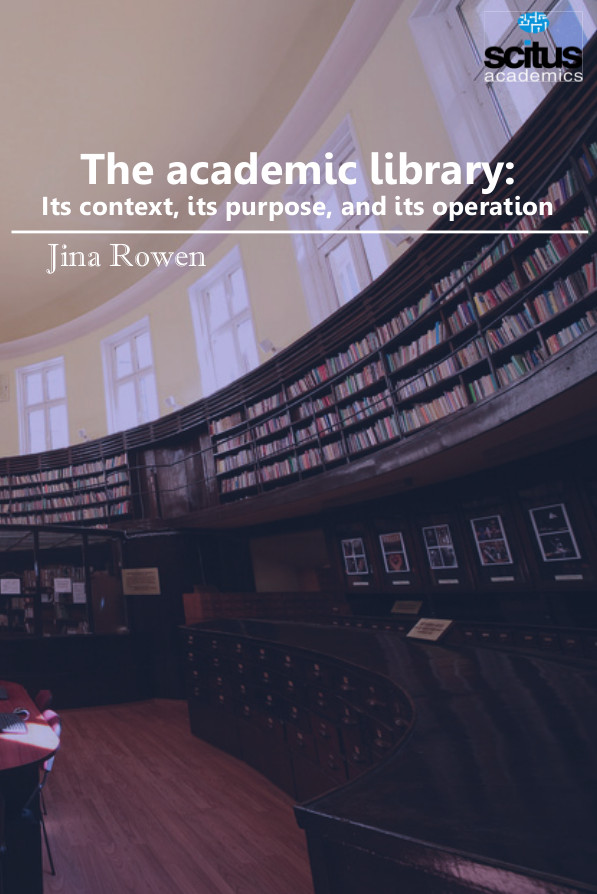The history of human civilization is a history of development, each generation learning from the experience of earlier generations, making their own achievements and contributing their work to the knowledge to be inherited by the next generation. Even a generation which is radical in its approach, changing much of what it has inherited, has its experience to contribute to the next generation. We learn about the achievements and the failures of the past from our parents, from our teachers, from the structures of the society in which we live. In that learning process, a process which goes on throughout our life, libraries can have a very important role. Academic library’s main function is to support their parent organization in achieving the organizational objectives. As the name suggest academic libraries are involved in providing support for research and educational activities in universities, institutions, and other academic organizations. It involves content development, acquisition, technical services, providing institutional repositories, inter-library loan, and document delivery services etc. some academic libraries also establish writing centers and centers for information literacy too. The library is not just a repository, or a service like any other, or a place for study: it is all these things. It can also be a partner in research and in teaching, and institutions which fail to capitalize fully on this asset will find it harder to compete in the future. Library Operations staff are responsible for managing building hours, coordinating major and minor renovation projects, operating mail and delivery services and providing safe and secure access to library buildings and collections.
The Academic Library: Its Context, Its Purpose, and Its Operation explores exciting programs and initiatives that can both engage practitioners with academic libraries and assist academic librarians in creating a vibrant library atmosphere.













